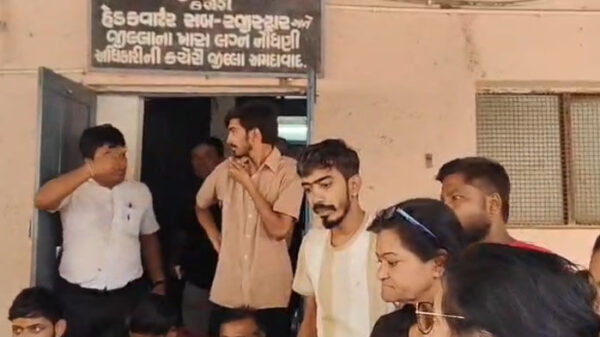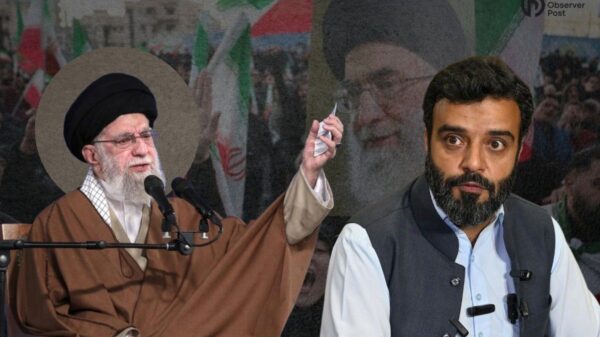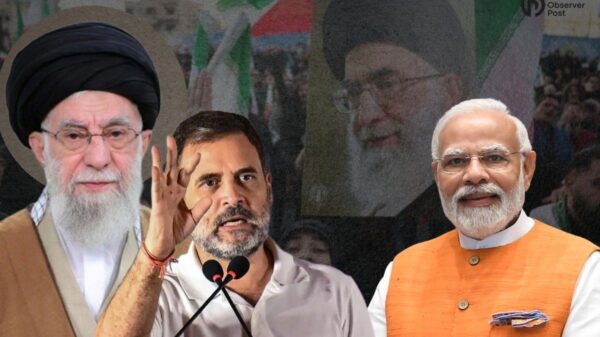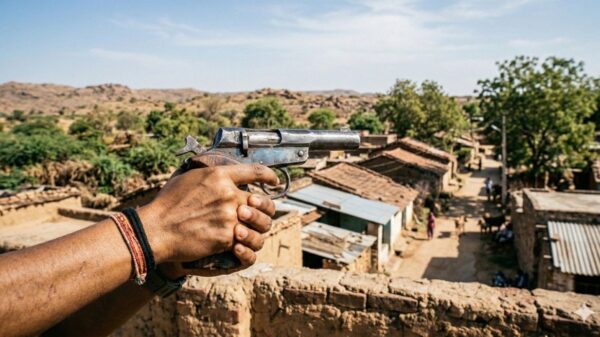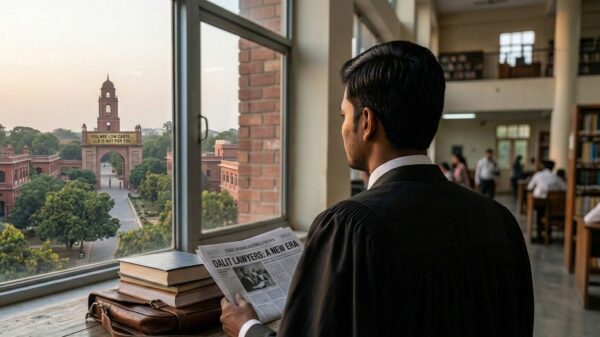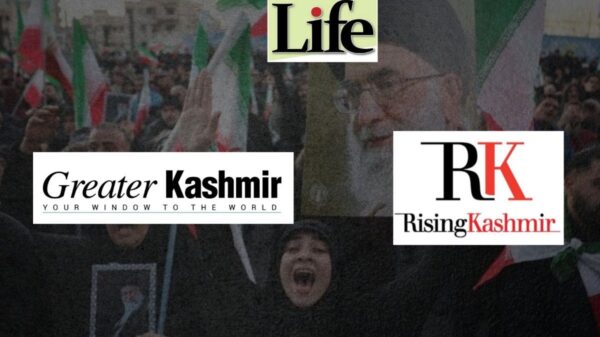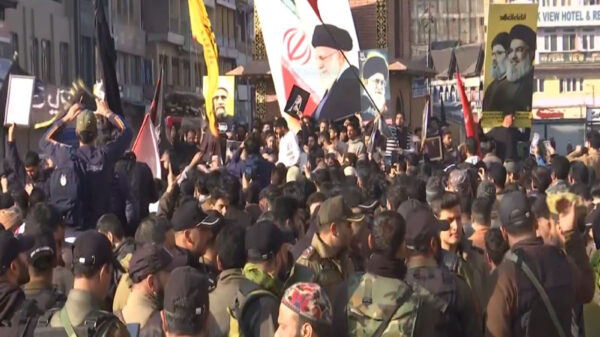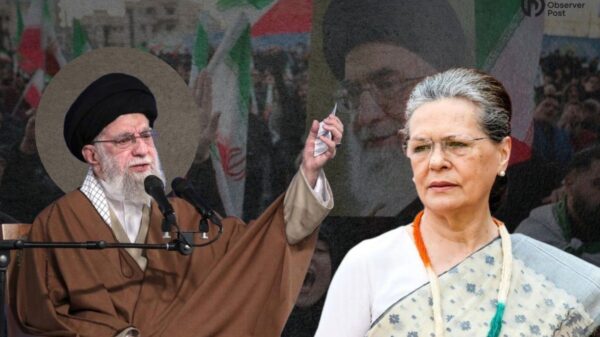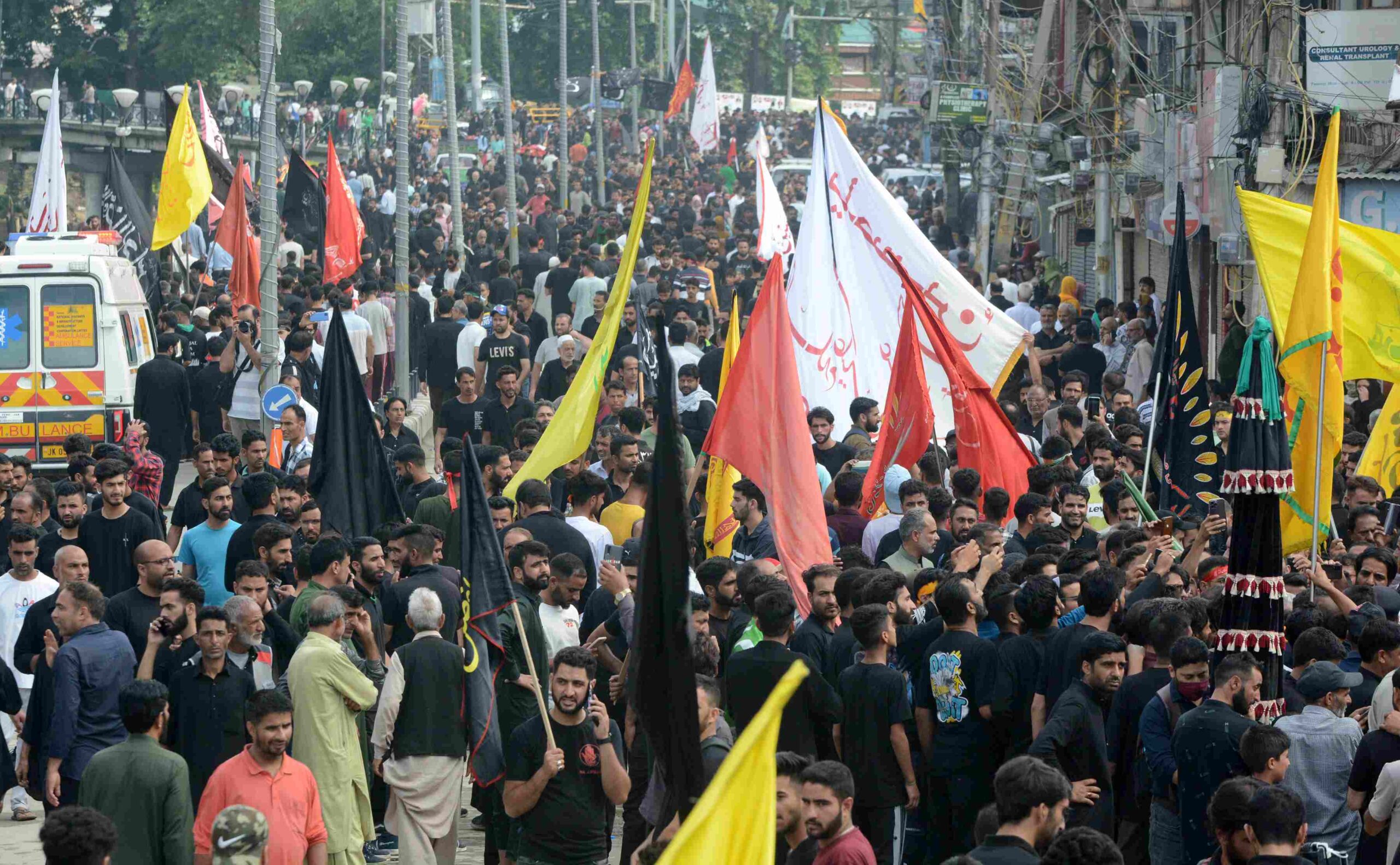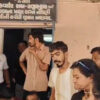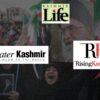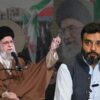In a historic and significant move, hundreds of Kashmiri Muslims gathered in Srinagar today to participate in the traditional Muharram procession from Gurubazar to Dalgate, as the authorities lifted the decades-long ban.
The mourners, comprising both the young and the old, marched peacefully, and the procession culminated at its designated destination around 8 a.m. The event was carried out under the watchful eye of an additional deployment of security personnel.
Deputy Commissioner of Srinagar, Muhammad Aijaz Asad, commended the mourners for their exemplary cooperation, which contributed to the success of the procession.
On Wednesday, the administration issued a set of clear guidelines for the procession. They specifically instructed the participants not to indulge in any speeches, slogans, or propaganda that could be seen as opposing the nation or its government.
The order also highlighted the importance of ensuring that no activities during the procession could jeopardize the state’s security and sovereignty. Furthermore, the administration emphasized that all participants must display respect towards national symbols and emblems throughout the event.
The order stated: “They (processionists) shall not hoist any flag depicting provocative slogans/text and/or photos of terror outfits, logos of banned organisations at both national and international level. Activities of the participants attending the procession should remain strictly confined to the programme only. They shall cooperate with local police and other security agencies as desired by them in the public interest.”
The Muharram procession was banned in the 1990s when it transformed into an anti-India demonstration amid the outbreak of militancy in Jammu and Kashmir. As a result, participants were perceived to be supportive of the separatist movement, prompting successive governments in the Valley to uphold the prohibition.
Despite the ban, youths from the Shia Muslim community continued to hold processions on the 8th and 10th days of Muharram along the designated routes, leading to confrontations with the police. Curiously, other parts of the city did not experience similar bans on processions during this period.
The administration permitted the 10th Muharram procession to take place, but it decided to prohibit the 8th Muharram processions. The latter events were previously organized by Ittihadul Muslimeen, which is associated with the separatist conglomerate Hurriyat Conference. These processions had notable involvement from Sunni individuals too.






